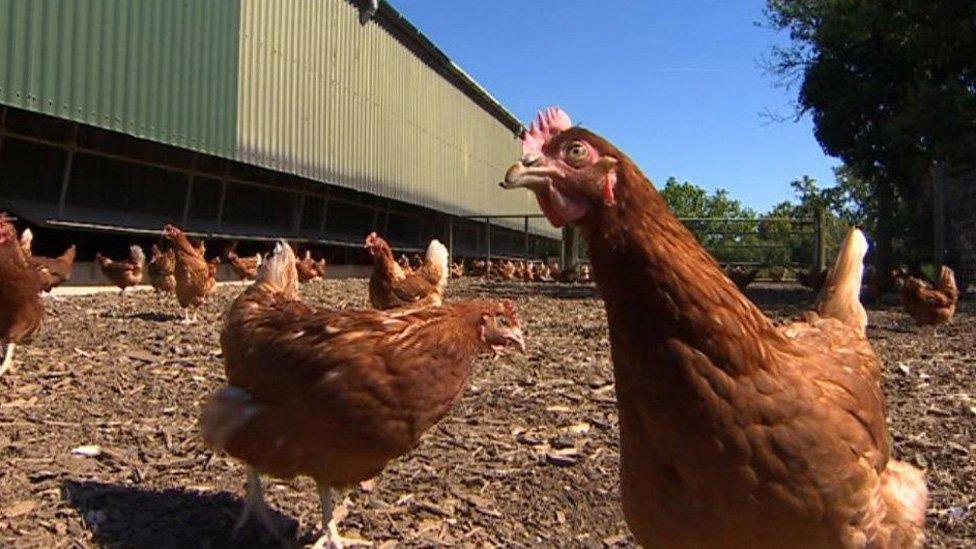River Wye: Chicken firm halts fertiliser sales within catchment
- Published
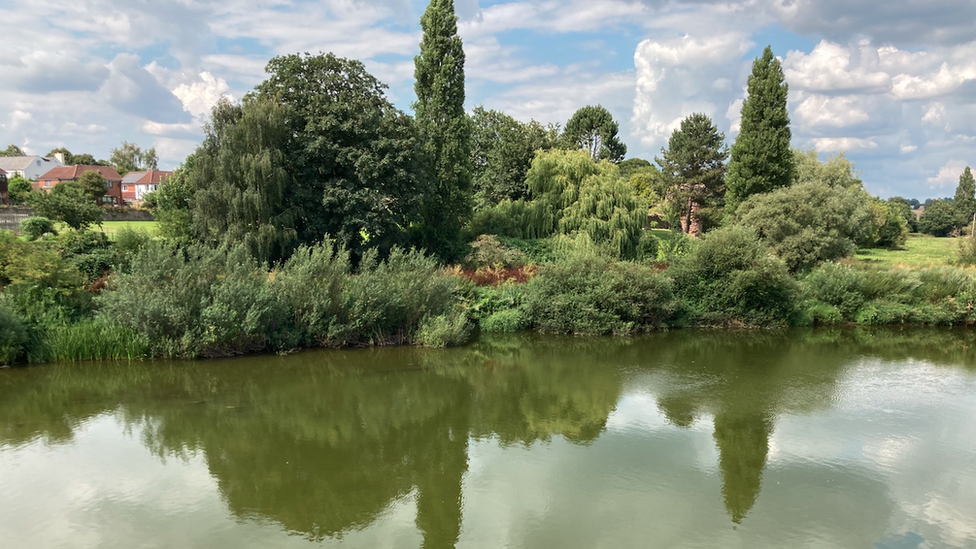
Avara will no longer sell litter as fertiliser within the Wye's catchment
The River Wye area's largest poultry supplier says its supply chain will no longer sell litter from poultry units to be used as fertiliser on fields within the river catchment because of the impact it has on water quality.
Avara processes two million chickens at its factory in Hereford each week and is the county's largest employer.
The company said it wanted to "set an example to others".
A group said the move was a testament to the success of its campaigning.
"We don't think they would have done it without the public focus on the issues," said David Gillam, chair of Save the Wye.
The producer has previously pledged its supply chain would not contribute to excess phosphate in the river by 2025.
In a message to farmers the company's chief executive, Andy Dawkins, said the reason for the change was "self evident".
The root causes behind the continued deterioration of the Wye were "many and complex", but the role of phosphate, from chicken manure in particular, "has been the focal point of many campaigns," he said.
Contracts with businesses within the affected area would be varied, he said, so any litter currently sold as fertiliser would now be purchased by a company outside the area.
Natural England downgraded the status of the River Wye in May, due to pollution.
In the catchment area, 24 million chickens are farmed and their waste is spread as fertiliser, but some of it washes into the river when it rains.
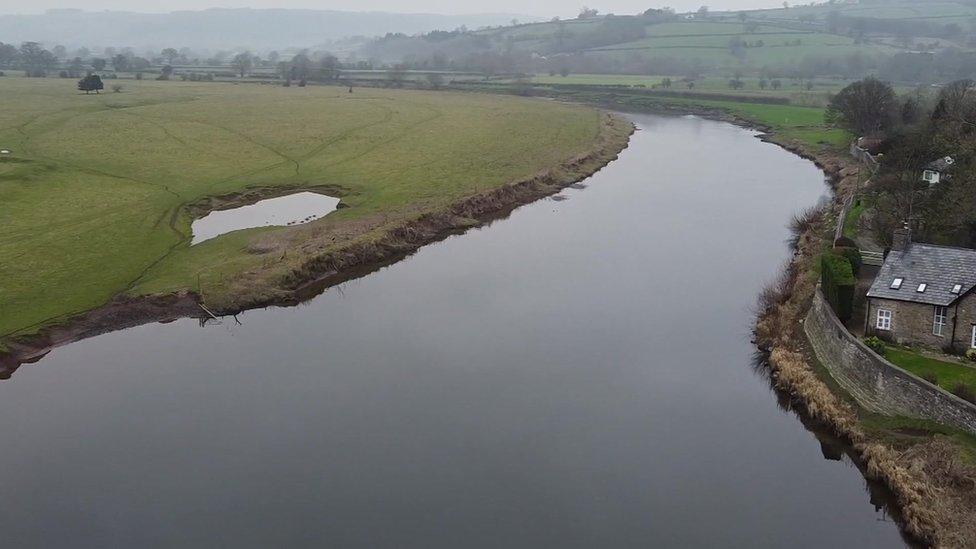
Phosphorus from the litter can damage plants and wildlife
The phosphorus from it causes prolonged algal blooms which suffocate plants and wildlife, said Mr Gillam.
The company's move was a "very small step in the right direction," he said, "but no way is this a permanent solution to the problems of the Wye.
"It really is a little and a little too late. "

Follow BBC West Midlands on Facebook, external, Twitter, external and Instagram, external. Send your story ideas to: newsonline.westmidlands@bbc.co.uk , external
- Published17 July 2023
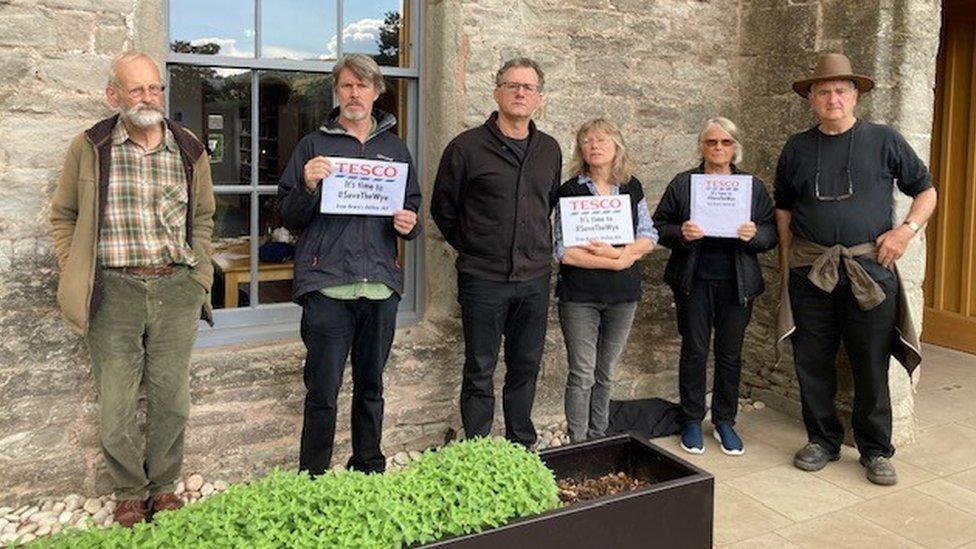
- Published21 June 2023
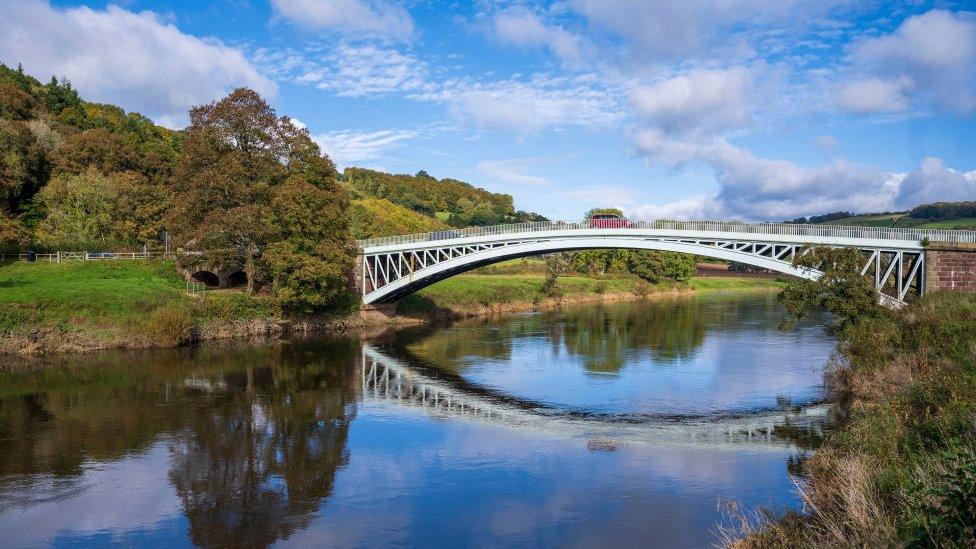
- Published30 May 2023

- Published14 March 2023
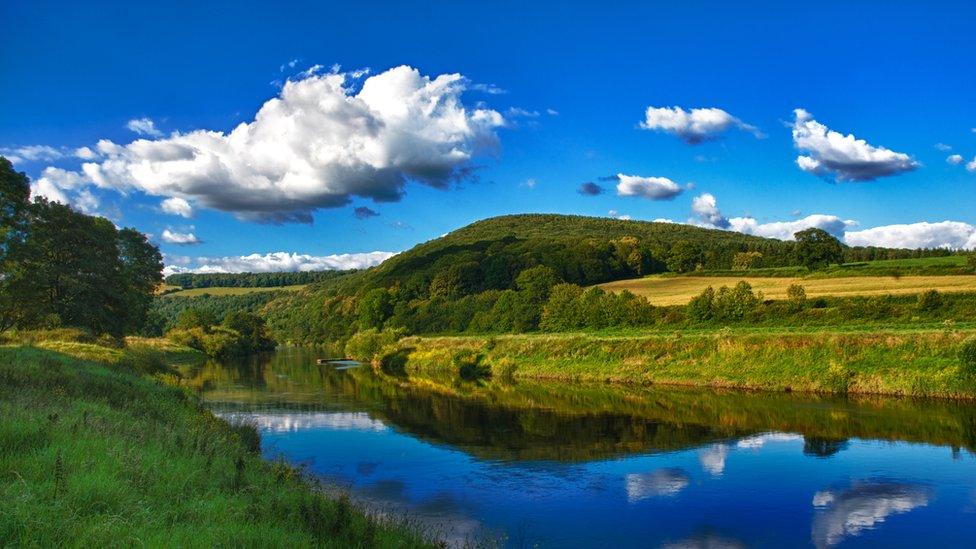
- Published7 March 2023

- Published16 January 2023
